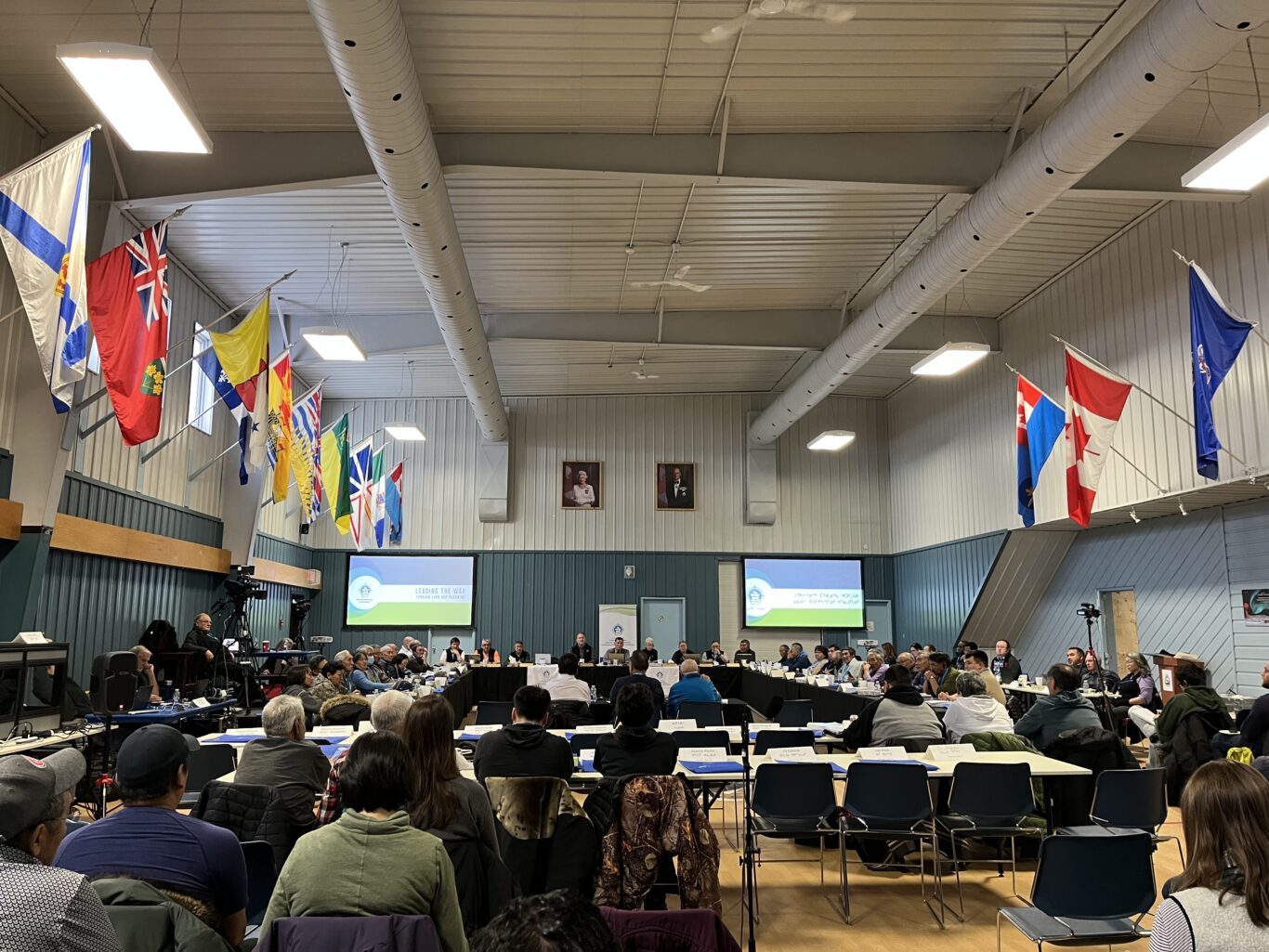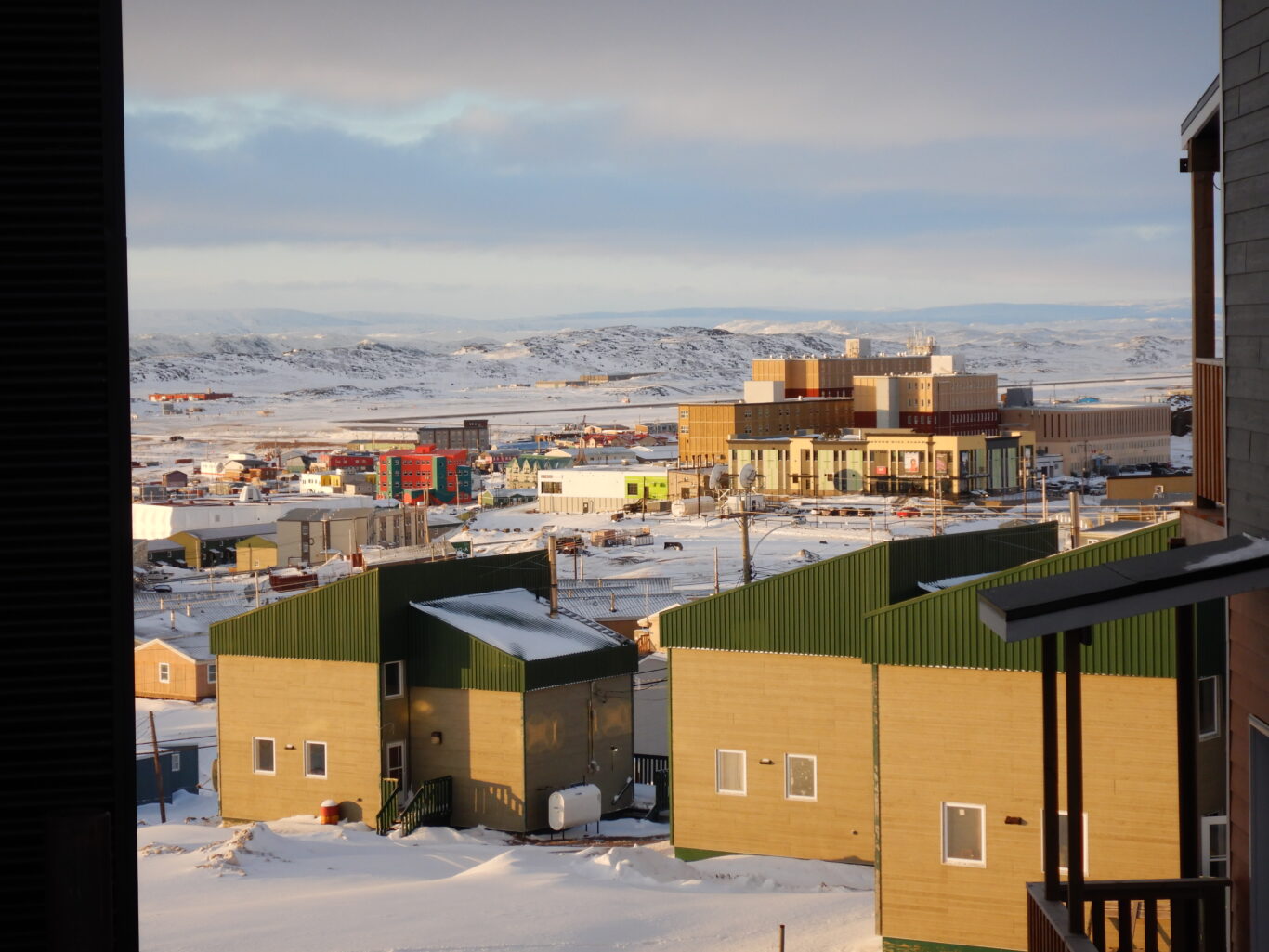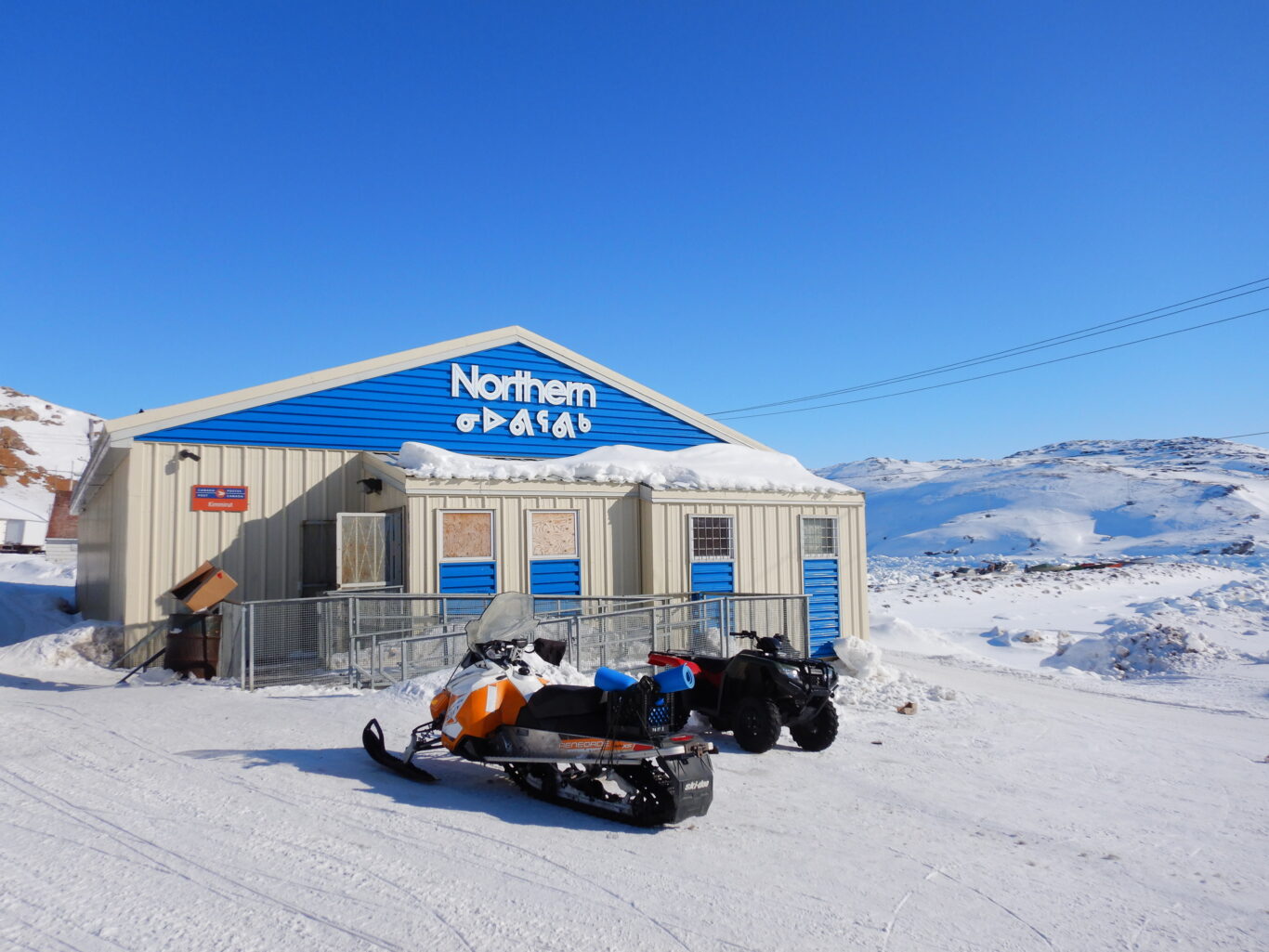Economic and Policy Considerations
By Katrin Schmid
Infrastructure development needs to align with Northern residents’ aspirations and not redirect Northern life.
“And it’s very dangerous to represent the recipients of the [land] claim simply by having [academic] credentials.” – Hunter, Iqaluit, June 2023.
Community members highlighted the following areas for improvement:
– E-commerce and Amazon: Amazon has become an essential resource for many Nunavut residents, providing access to goods constrained by high costs and limited availability. Inuit residents adapt Amazon’s services to navigate gaps left by government programs. The reliance on Amazon highlights the need to address the underlying issues of high prices and limited variety in local stores.
“It’s not easy to get parts because there is no manufacturing in the north, all the parts come in from the south. And all the parts come in by freight, it is expensive and some parts, maybe if you can gather them in a bundle [it’s less expensive] and that’s once a year through sealift to our community. But it’s different from Iqaluit, they have so many sealifts per summer. Here it’s one to two times, two different shipping vessel but only one per company.” – Resident of Pond Inlet, March 2023.
“Any vehicle parts or tools that I can get through the hub, I’ll get because those are ridiculously expensive locally. What’s nice about parts is that a lot of the time, parts that are available on other websites are available on Amazon just the same: same parts, same quality, same brand. So, go through the hub if the shipping is three to five days.” – Resident of Iqaluit, May 2024.
– Need for Multi-Year Funding: Short-term grants and funding cycles create instability for food sovereignty initiatives as well as infrastructure development.
“The biggest issue we have is money, budget. We make plans at meetings, stuff like that, but they don’t always go forward with it. So the biggest issue we have is money.” – Resident of Kimmirut, March 2023.
– Capacity Building and Training: There is a strong need for local training in trades (electricians, mechanics, pilots, freezer technicians) to support infrastructure maintenance and economic independence. Programs need to be offered within the territory to reduce stress on families.
“I think we need more certified electricians, freezer technicians, plumbers… We need all the trades to help build this community. And to help fight food insecurity. Because education is the key to fight food insecurity.” – Resident of Pond Inlet, March 2023.
“We don’t have the human resources to properly run every aspect of the system that’s up here, put in place by Government of Canada through land claims, but they didn’t train the people and they don’t have the human resources to run all the jobs that are here. For example, right now, there’s about 35 to 40% vacancy of all the jobs here in Nunavut. All the high management jobs. There’s nobody up there.” – Simeonie Akpalialuk, Iqaluit, February 2023.
– Housing Policy and Allocation: Points system for public housing is not transparent for many applicants. Young, financially successful, single residents experience barriers to get their own housing. There is a desire for more mixed housing that reflects various family/group/single dwelling needs.
“What would you dream for Pond?” “More housing.” – Patrick Peterloosie, Pond Inlet, March 2023.
“To get a house, you need to have, like, five kids, or you’re practically homeless. You can go on the list, but then it would take, like, five years, or you would have to resubmit with other people. Because there’s only houses with, four, five rooms, three rooms, never one or two.” – Resident of Resolute Bay, April 2023.
“You can’t afford housing if you’ve got a regular job. And if you can get a housing unit, then you can’t afford to pay because land developers, they charge way too much for an apartment. A person who’s working in labor can’t afford to rent one at all. The only type that they can get is social housing. And they’re so far behind, and there’s so many people who need that right now, because they can’t make enough money to rent like $4,000 a month or $3,500 a month.” – Tommy Kanayak, Iqaluit, February 2023.
“There’s a lot of people that come in for work. That takes a big percentage [of housing]. Cause like the military that comes in, the workers that come in for ATCO, for management jobs, like at the Hamlet, at the store. Just a lot of people that have to get flown in. And then they take housing.” – Resident of Resolute Bay, April 2023.
– Role of External Actors: Many decisionmakers live in the South but determine futures in the territory, which leads to a lack of nuance in policy and funding. Discussions around transport infrastructure increasingly consider local use and value alongside economic and political strategies, which is appreciated. Mining, conservation, tourism, and military investments are shaping infrastructure development, with mixed community responses.
“If President Biden wanted to visit Kimmirut, I think that’s the only way Kimmirut would get a bigger runway. That’s how Iqaluit got a runway, is by the military.” – Resident of Kimmirut, March 2023.
“Tourism can be very good for Grise Fiord, as in other places. But tourism is, in its own way, a form of exploitation. Which is not always so great.” – Larry Audlaluk, Grise Fiord, April 2023.
“We will want to benefit as much as everything surrounding us. They [the federal government] seek our support to protect it [the High Arctic Region]. But yet, because we’re not a hub for an airline we lose out all the time.” – Resident of Grise Fiord, April 2023.


